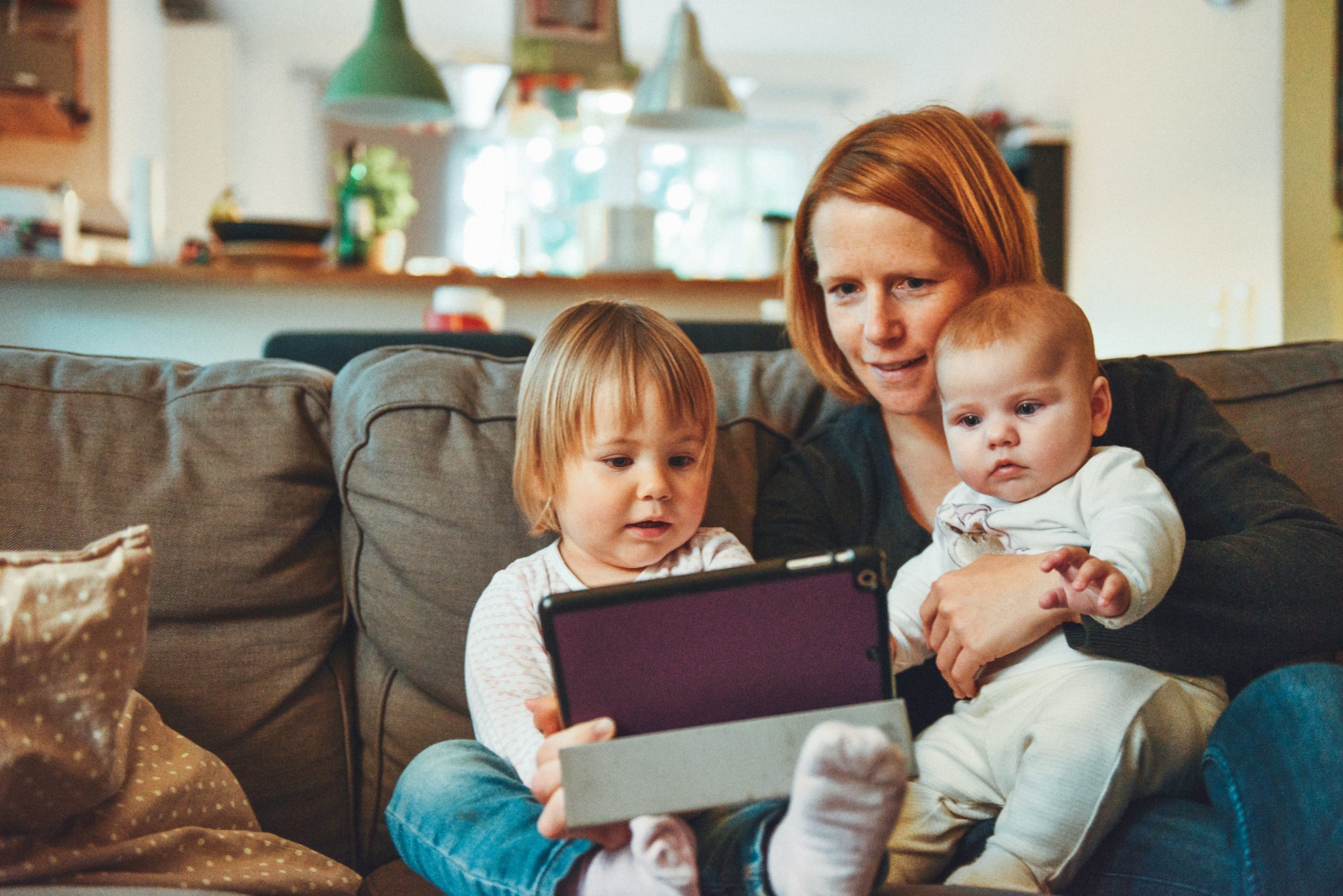
16 Sep 8 Strategies for Helping Kids Adjust to a Divorce
Divorce is not easy for parents or kids. Everyone in the family feels a tremendous sense of loss and anxiety. The family as they know it will no longer be the same.
In order for parents to be of the best help to their kids, they need to work with their own emotions, especially a common guilt they feel towards their kids. It is helpful for parents to recognize that coupling is one of the hardest things to do in the world and as a result divorce occurs in 50% of all marriages. It is nothing to be ashamed of. In many cases, it is better for everyone involved to sever a relationship that is causing grief. Children experience a great deal of anxiety when they live with constant parental discord. In fact, in many situations, children do better when they relate to each parent alone in a healthier environment. If parents accept their decision and present it as natural part of life, they can help their kids to overcome the difficulties. Here are some strategies for handling the challenges ahead:
1. Explain the divorce in a simple straightforward way. When possible, both parents should talk over how to explain the situation and have the discussion with the children jointly. They can explain, for example, “Mommy and Daddy fight all the time and it makes us all unhappy. We’ve decided it would be better for all of us if we live in separate houses.”
2. Reassure your children that they will always have both parents’ love and explain how things will work. For instance, “You will spend every other weekend and Thursday nights with Daddy. The rest of the time you will be with Mommy.” For young kids, you can play out the new arrangement with dolls or stuffed animals. Putting up a calendar also helps the kids feel more reassured that they will have time with both of their parents.
3. Talk about the emotions that kids naturally feel under these circumstances. You might explain, “It is normal to feel sad and angry about a divorce. These feelings are hard to deal with alone. When you feel angry or sad tell Mommy or me. You can say, ‘I feel sad,’ or ‘I need to talk,’ and ‘we’ll help you.’” Encourage your kids to have an on-going dialogue with you and demonstrate that you accept any feeling they have. Sometimes kids keep their feelings inside because they do not want to upset you. Check in with your kids frequently by asking, “How are you feeling about the divorce?”
4. Reassure your kids that the divorce is not their fault. Kids tend to be “egocentric” and believe that their behavior or thoughts cause bad events. They need to know that the adults have made this decision based on their relationship and it has nothing to do with them.
5. Avoid talking badly about the other parent or blaming the individual, even if you are angry. Children love and need both of their parents. They can easily experience a loyalty conflict and feel badly and this will deter an open dialogue. Children need to feel both of their parents are valuable because each child is a composite of their two parents.
6. Give your children ample advance notice before a parent moves out. It works really well if the children are able to visit the second home and know where they will sleep when they visit. It is wonderful to involve the children in helping to furnish the apartment and bring over some of their possessions.
7. It can be very helpful if you work with a parenting expert, or a family therapist who has experience with divorce and can give you guidance on how to handle tough situations that arise. Children also gain a great deal from talking to a therapist on their own. They often are freer to express feelings that they think will hurt their parents.
article continues after advertisement
8. Be aware that when a family is going through a divorce, children can act up, withdraw or regress. It’s not uncommon for children to wet their bed, or refuse to listen. They will need extra time, support, and open communication. Over time these symptoms will dissipate as they adapt to the changes. Planning some favored family events will give the kids the feeling that life will go on as usual.
There is no question that a divorce is hard on everyone in the picture. But if children continue to feel loved by both of their parents and parents work to create a stable calm environment for their children, children can emerge from the situation in good shape. Over time, they will be calmer as they see everything becoming a familiar routine.

Sorry, the comment form is closed at this time.